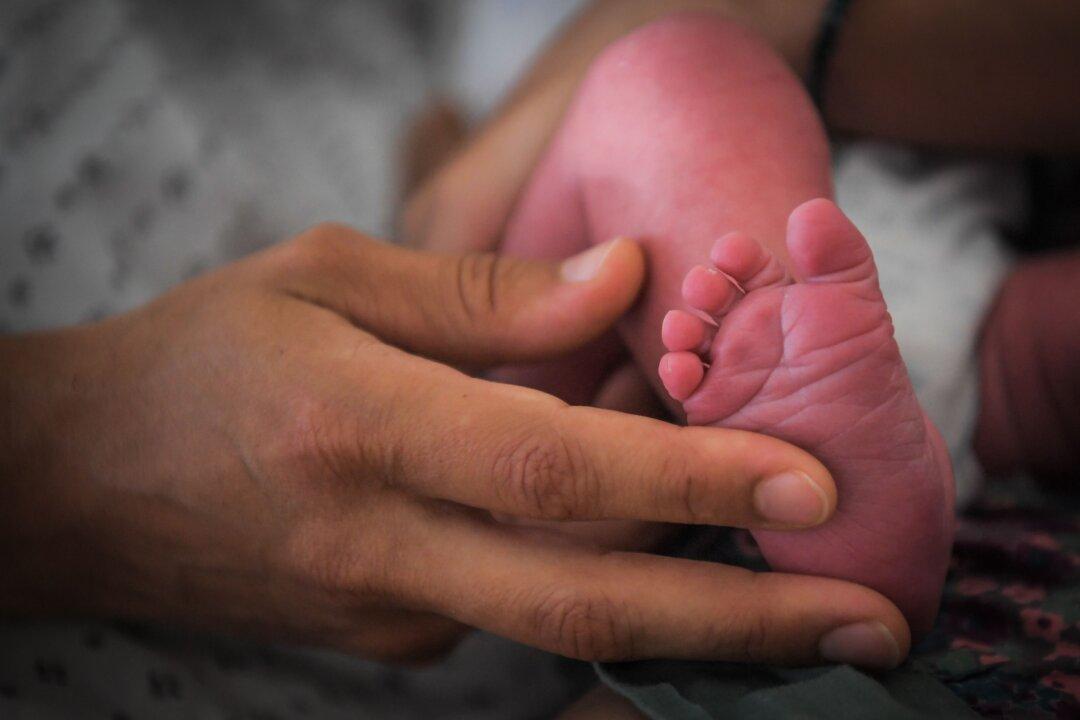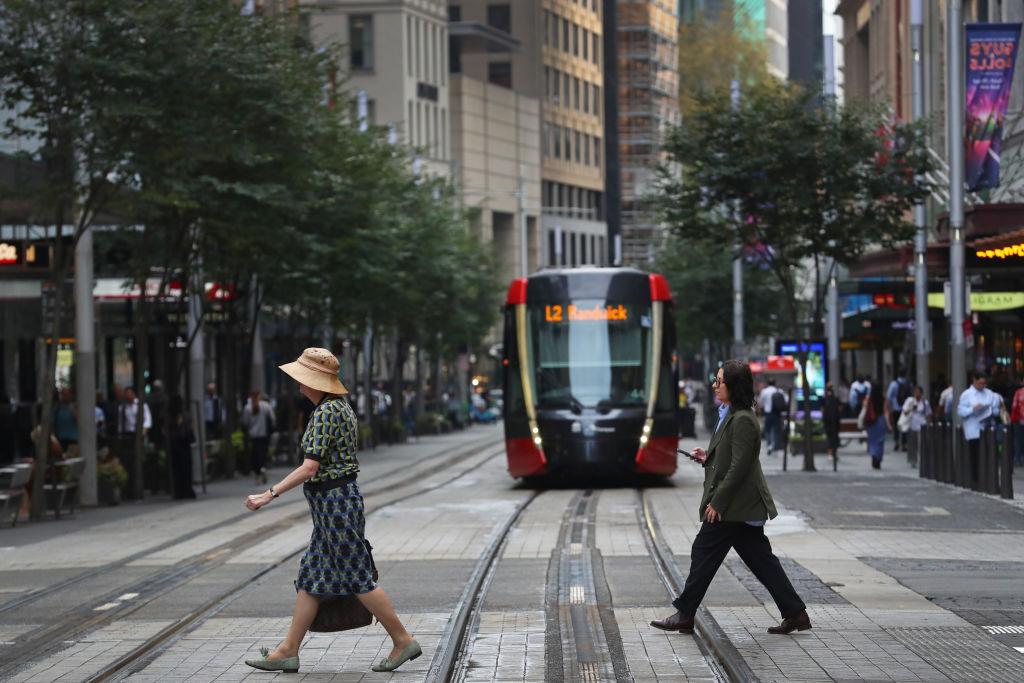The Albanese government has introduced to Parliament a bill aimed at increasing the current 20 weeks of paid parental leave to 26 weeks by July 2026.
The Paid Parental Leave Amendment (More Support for Working Families) Bill 2023 seeks to provide each parent four weeks of reserved leave starting July 2026, upon full implementation of the scheme. Pending the passage of the bill, the government will add two weeks of paid parental leave each year starting July 1, 2024, with a total of six weeks added by July 2026.




